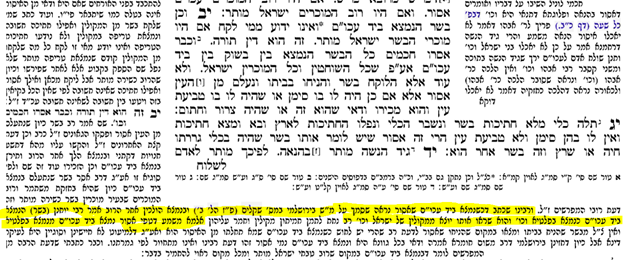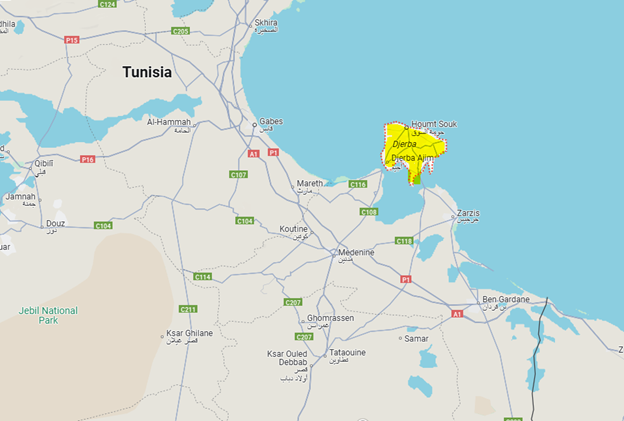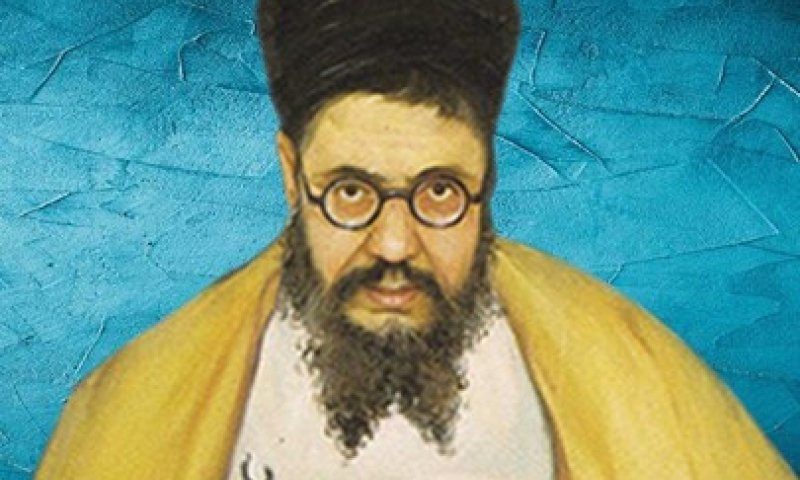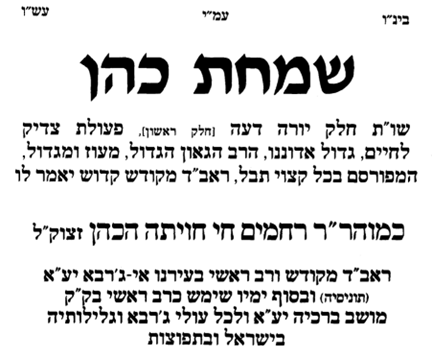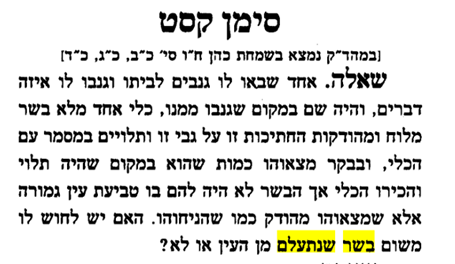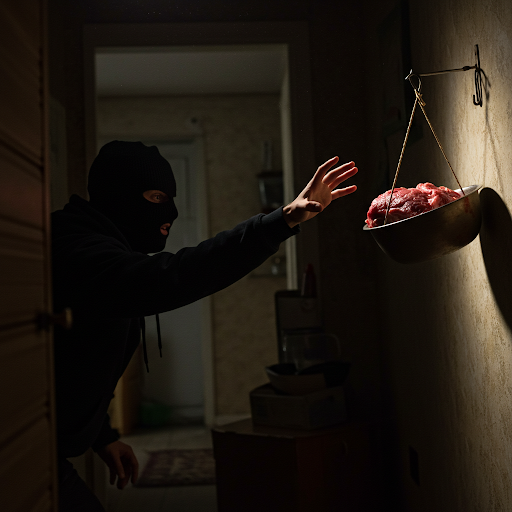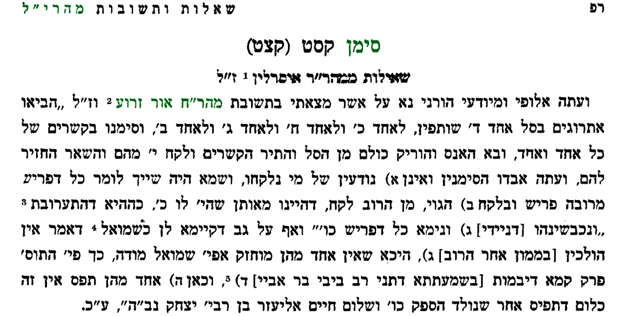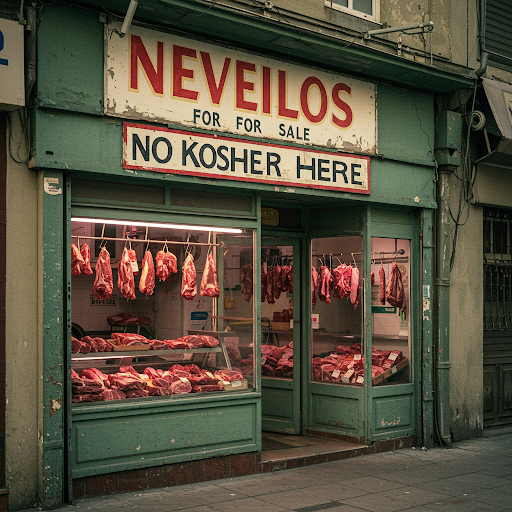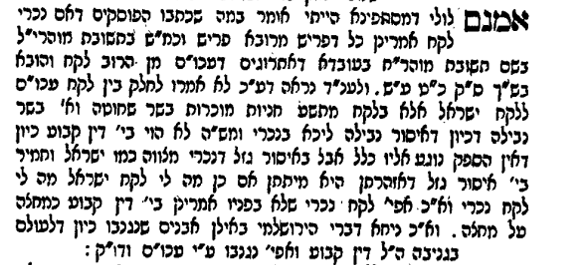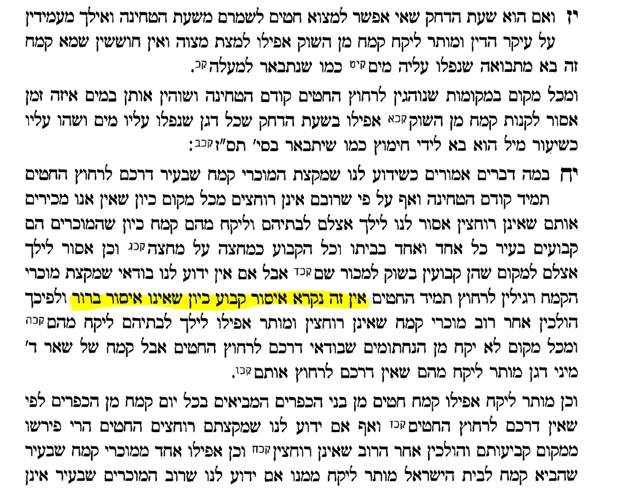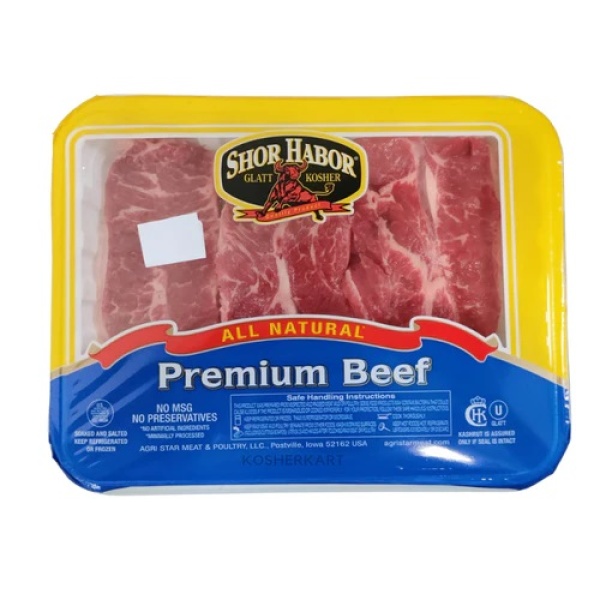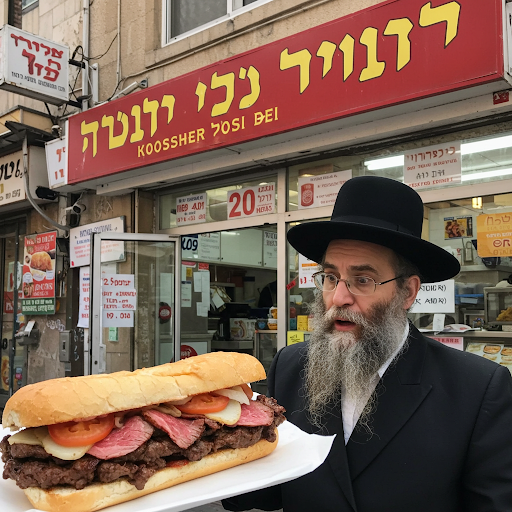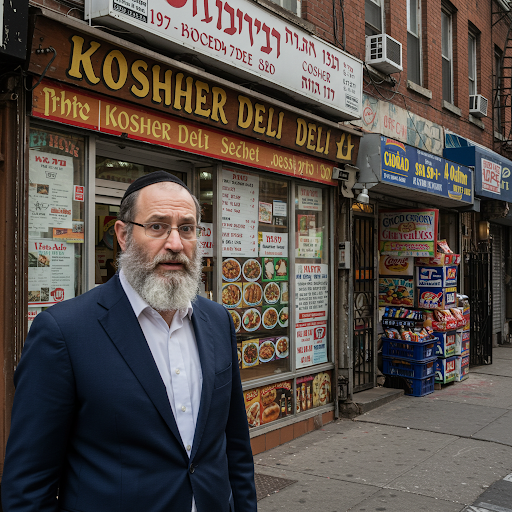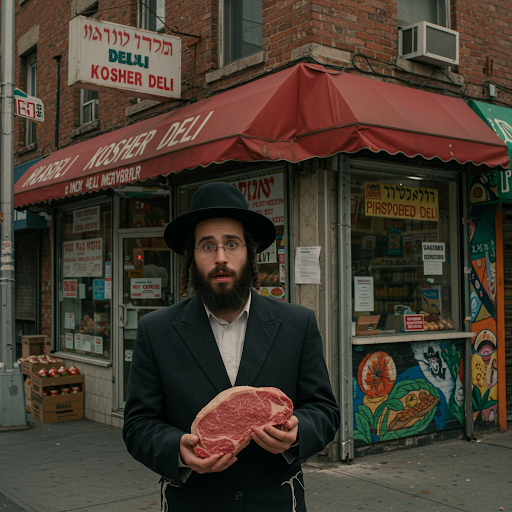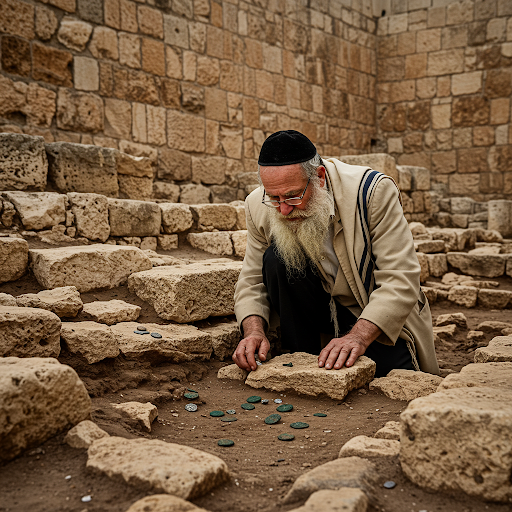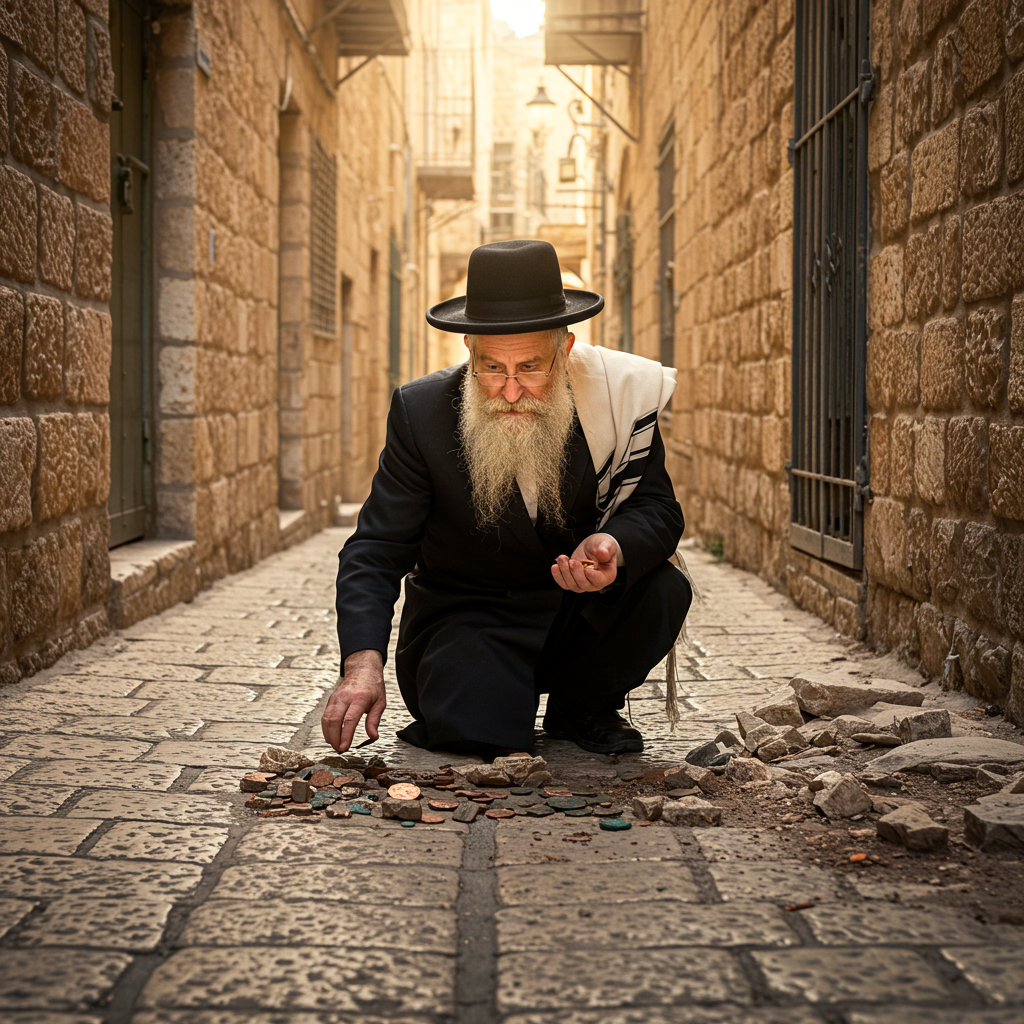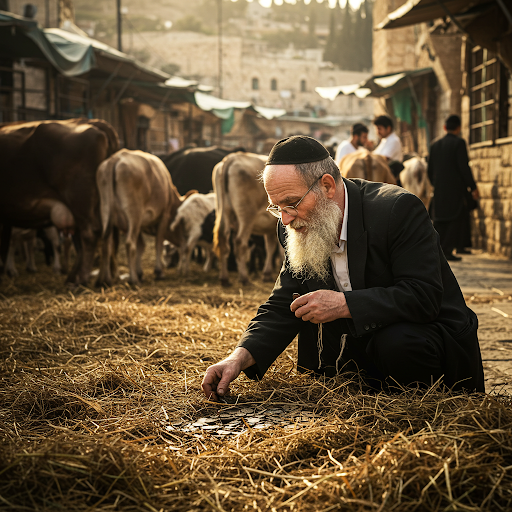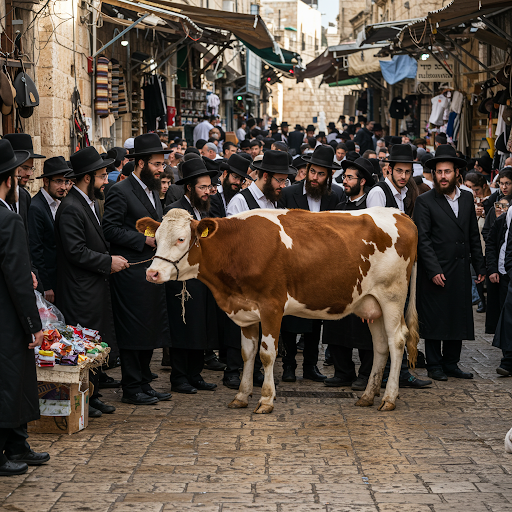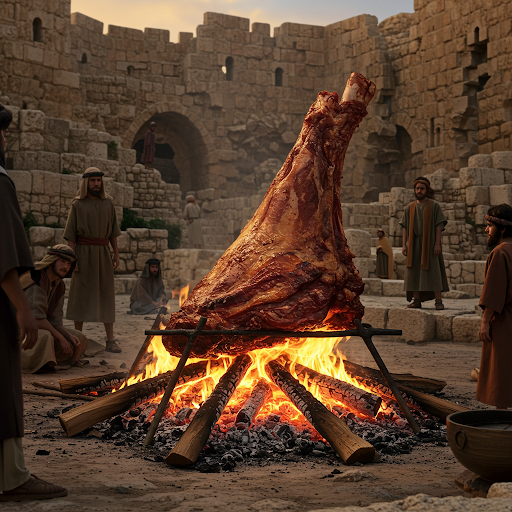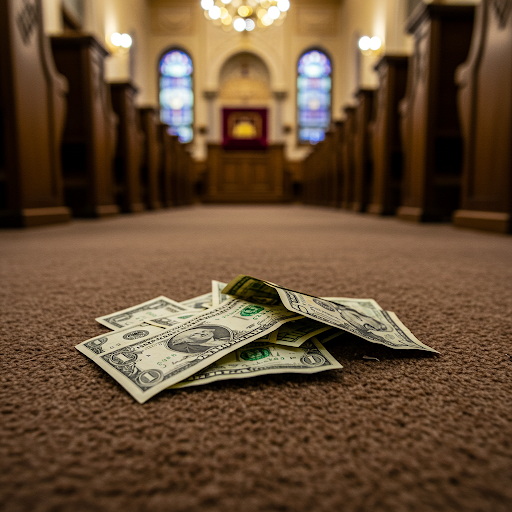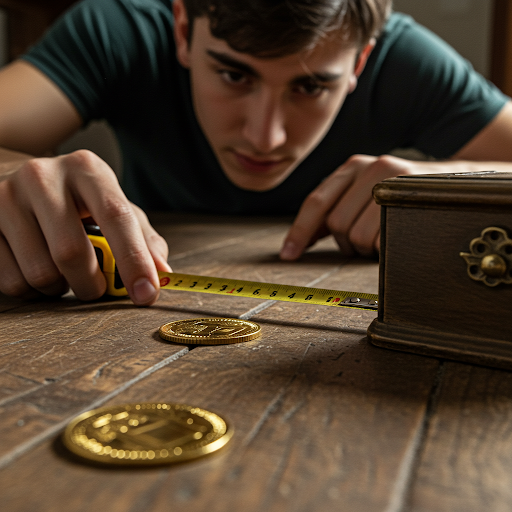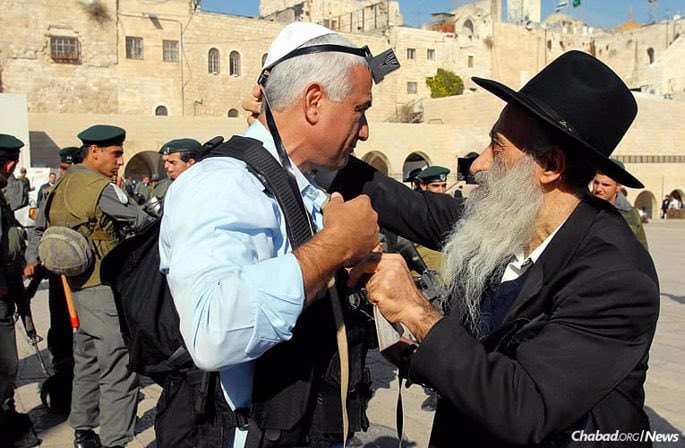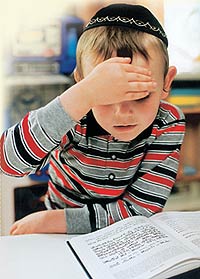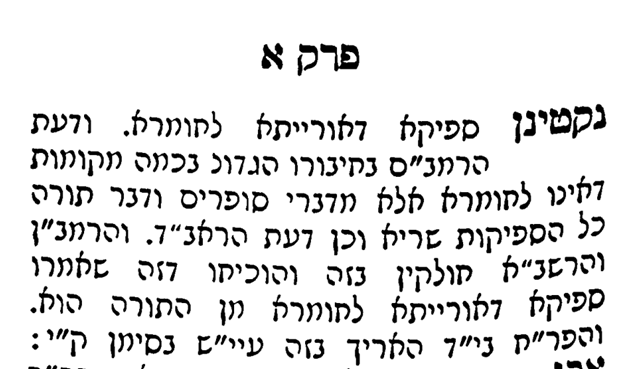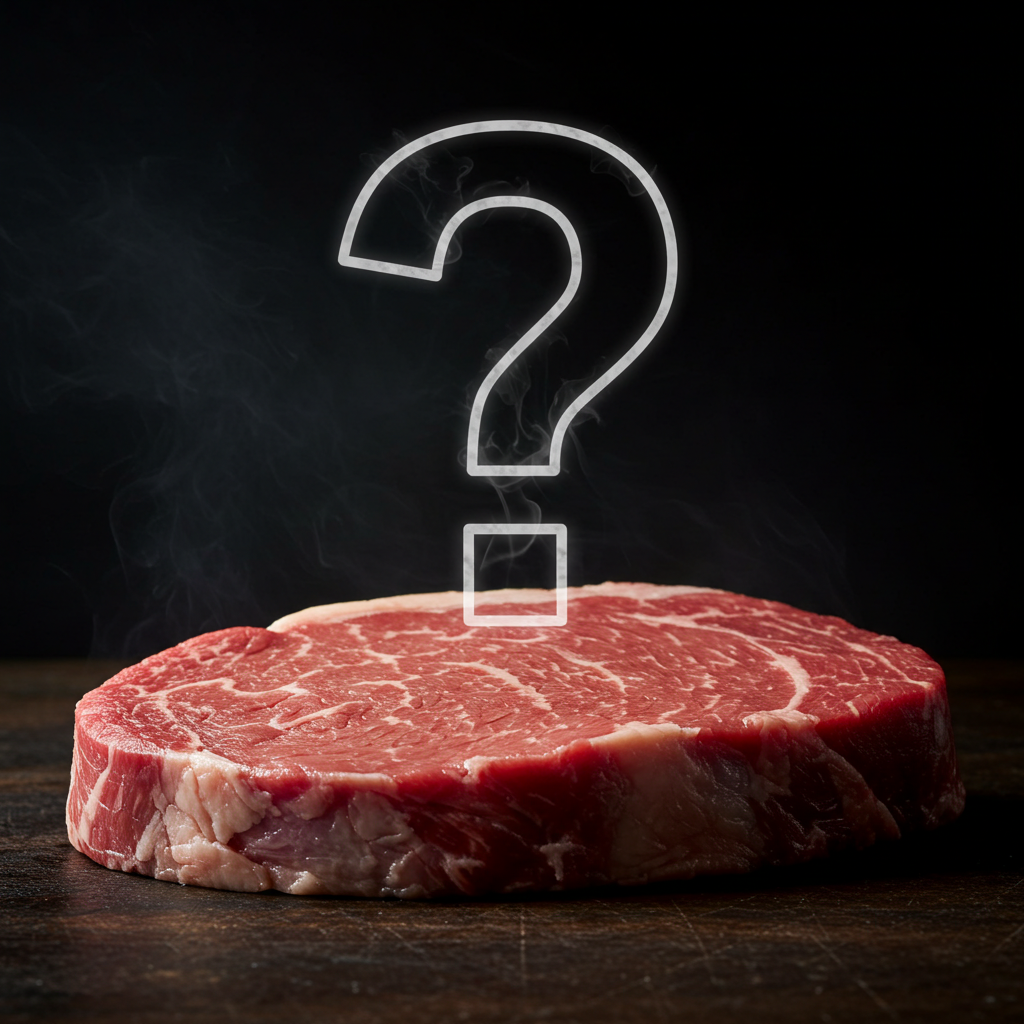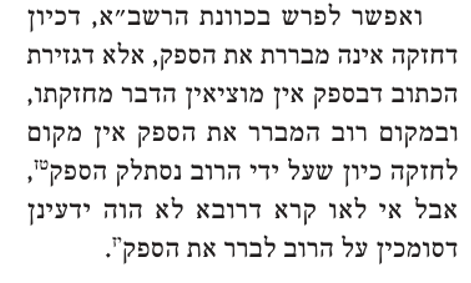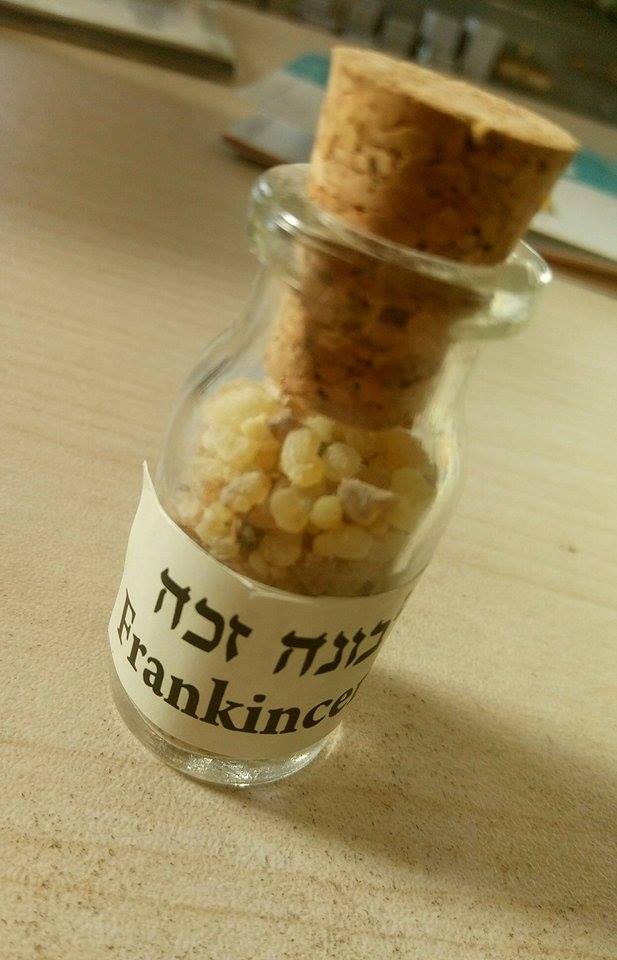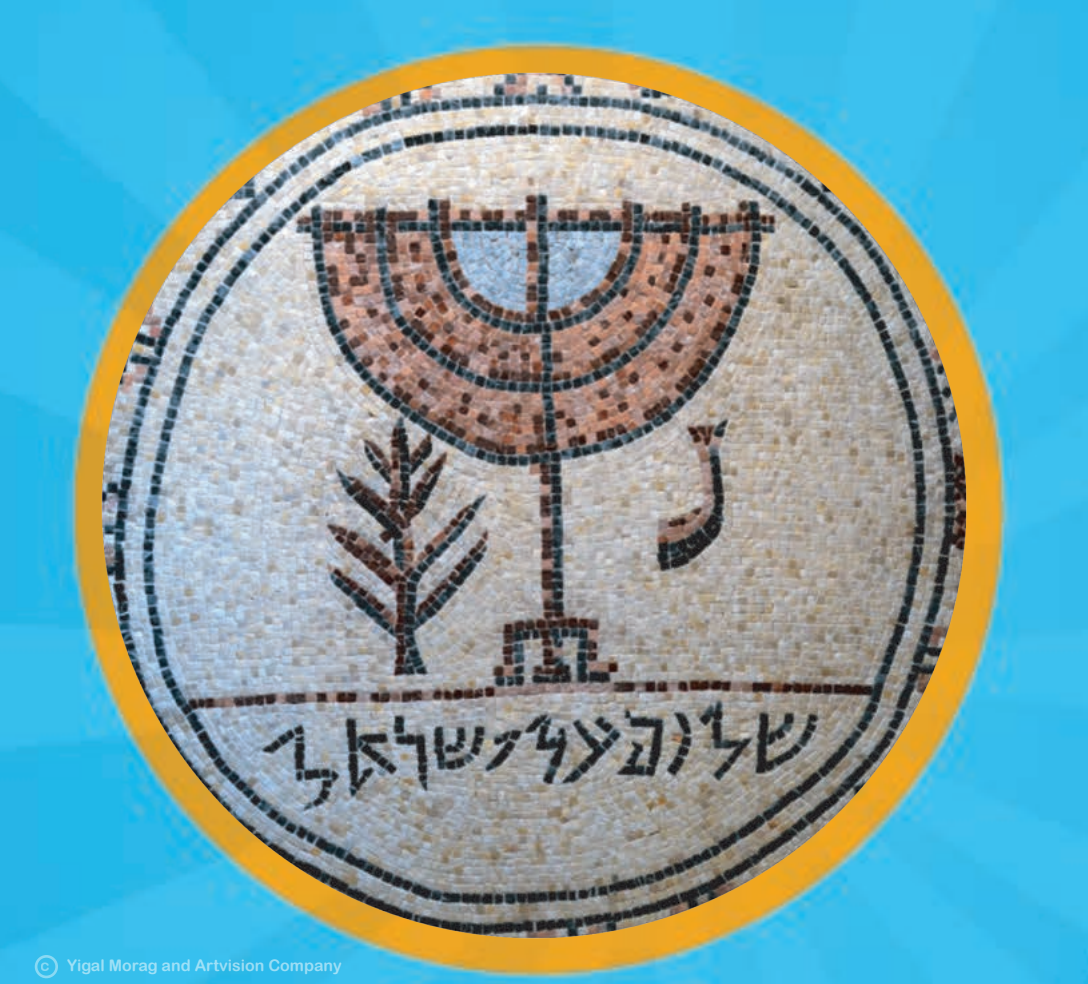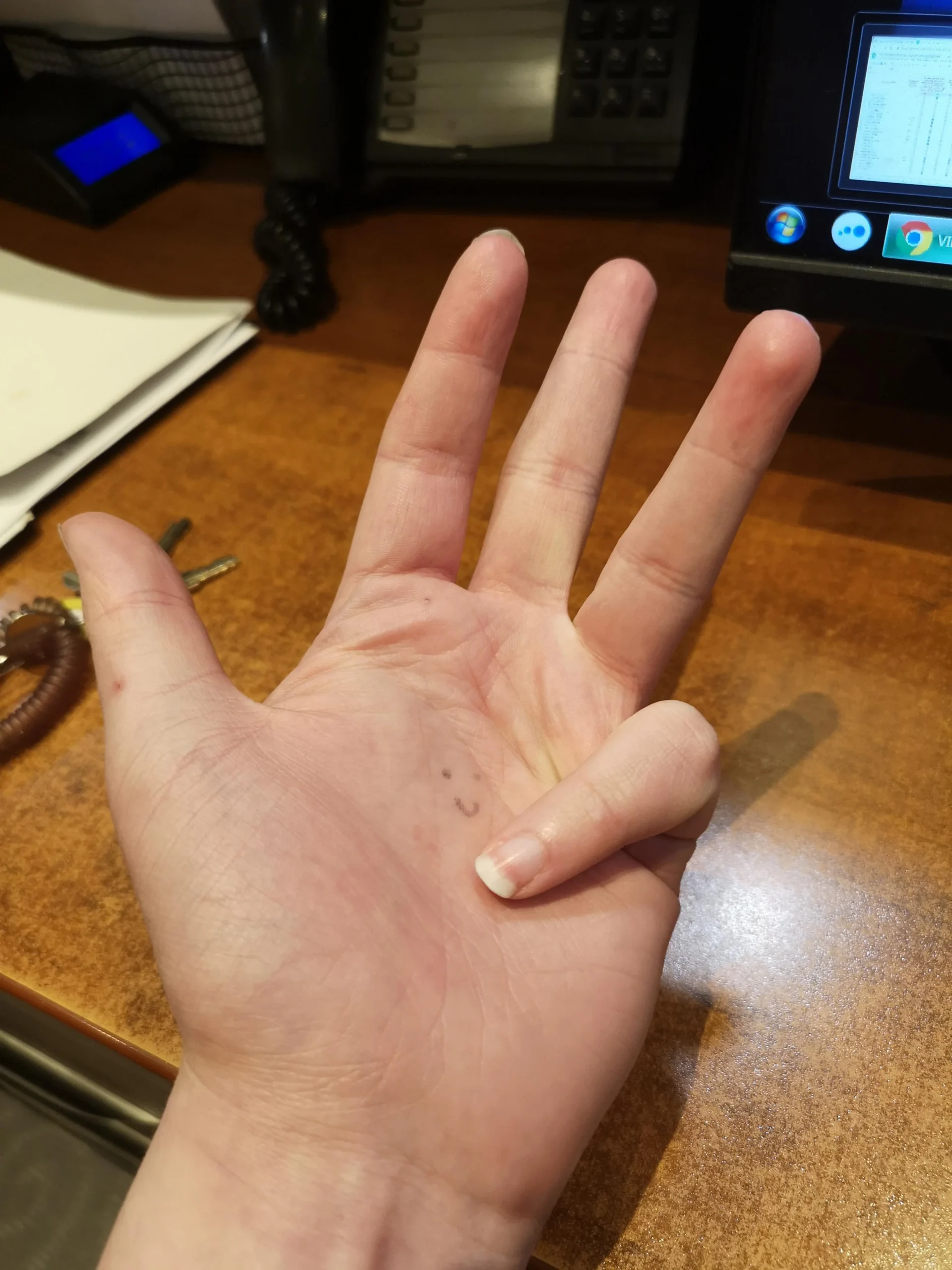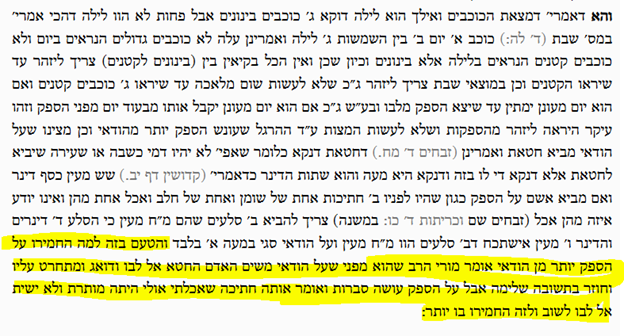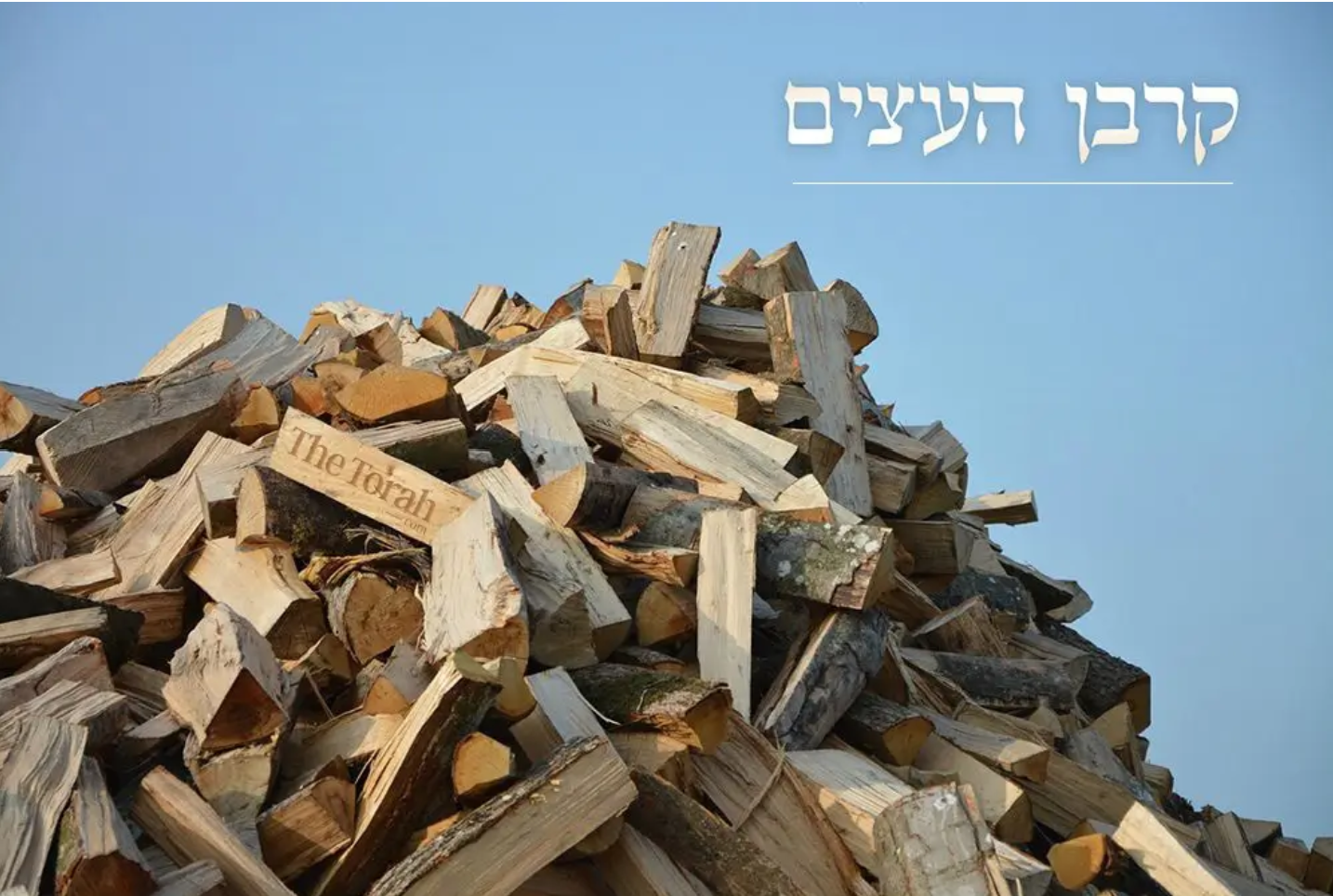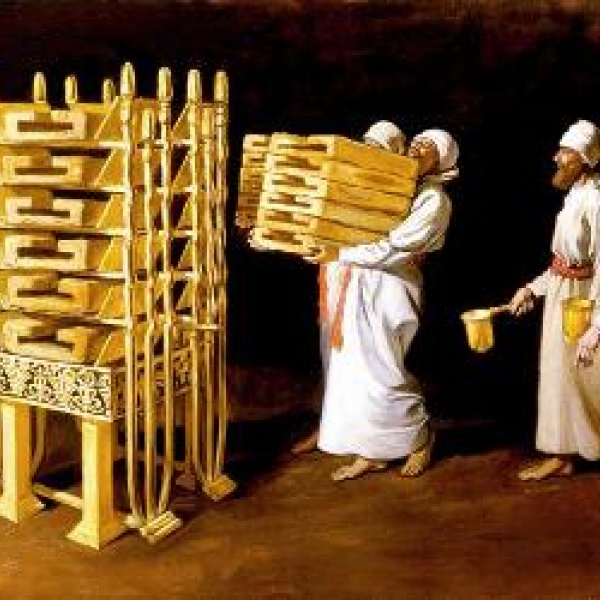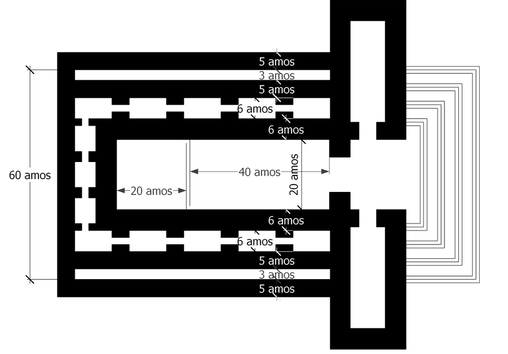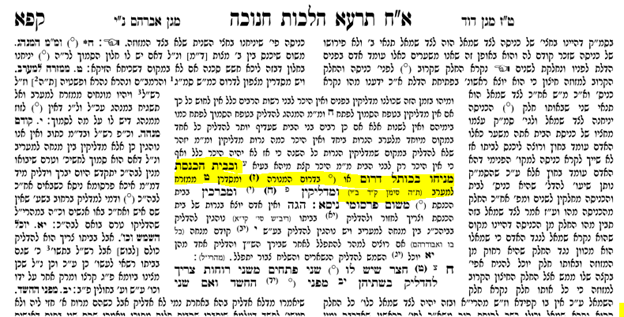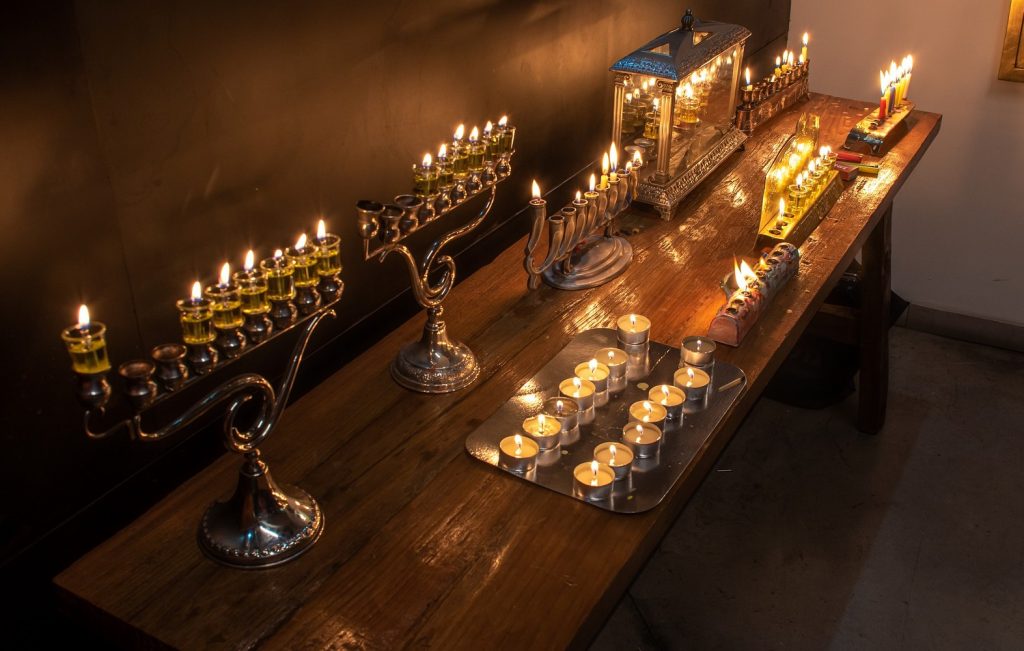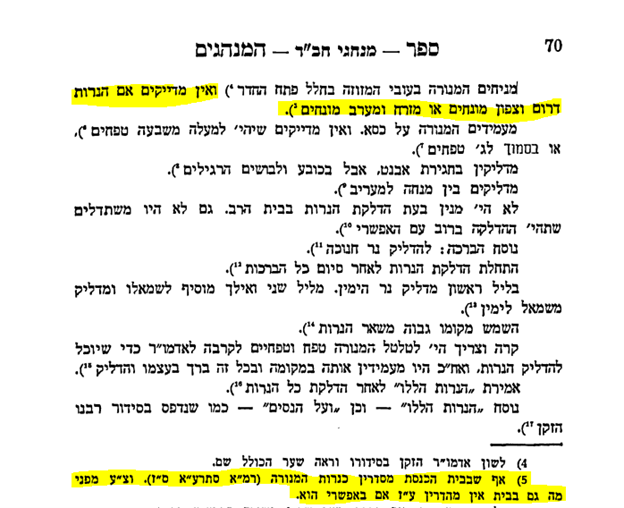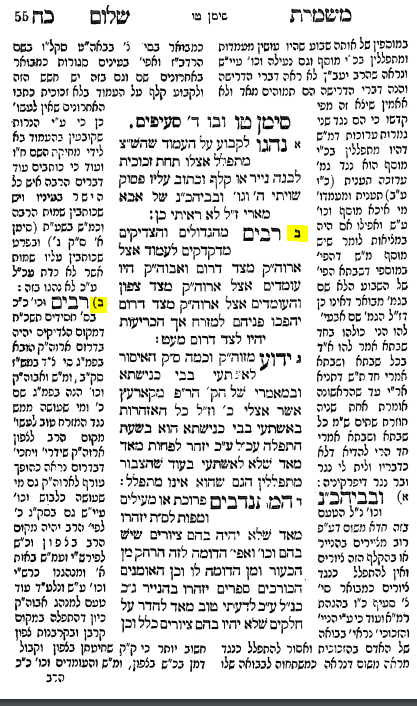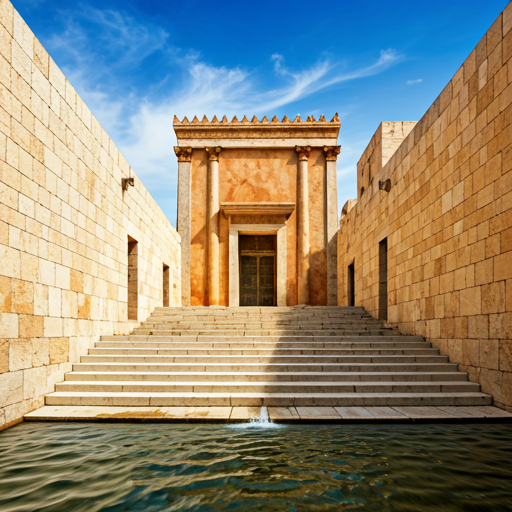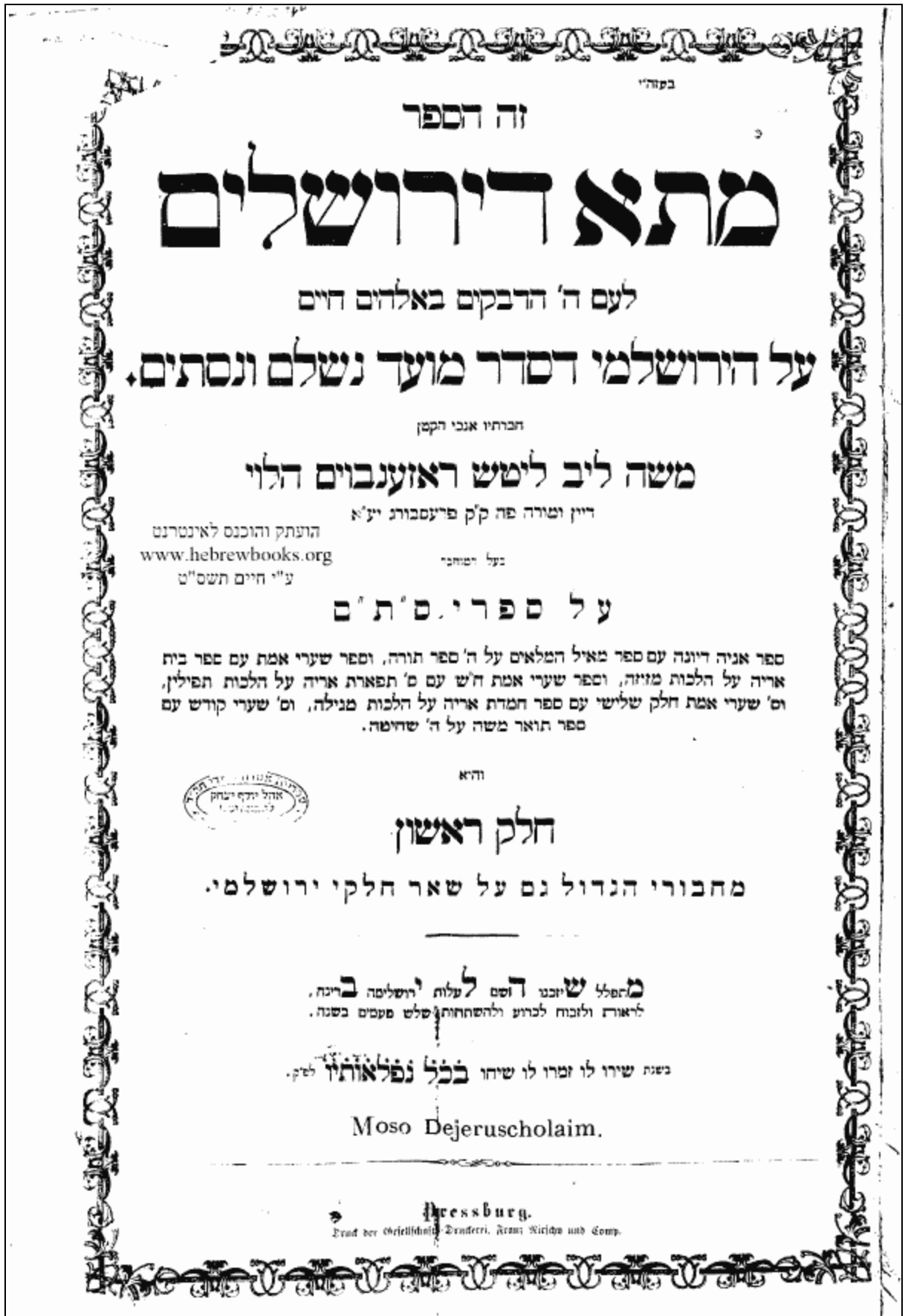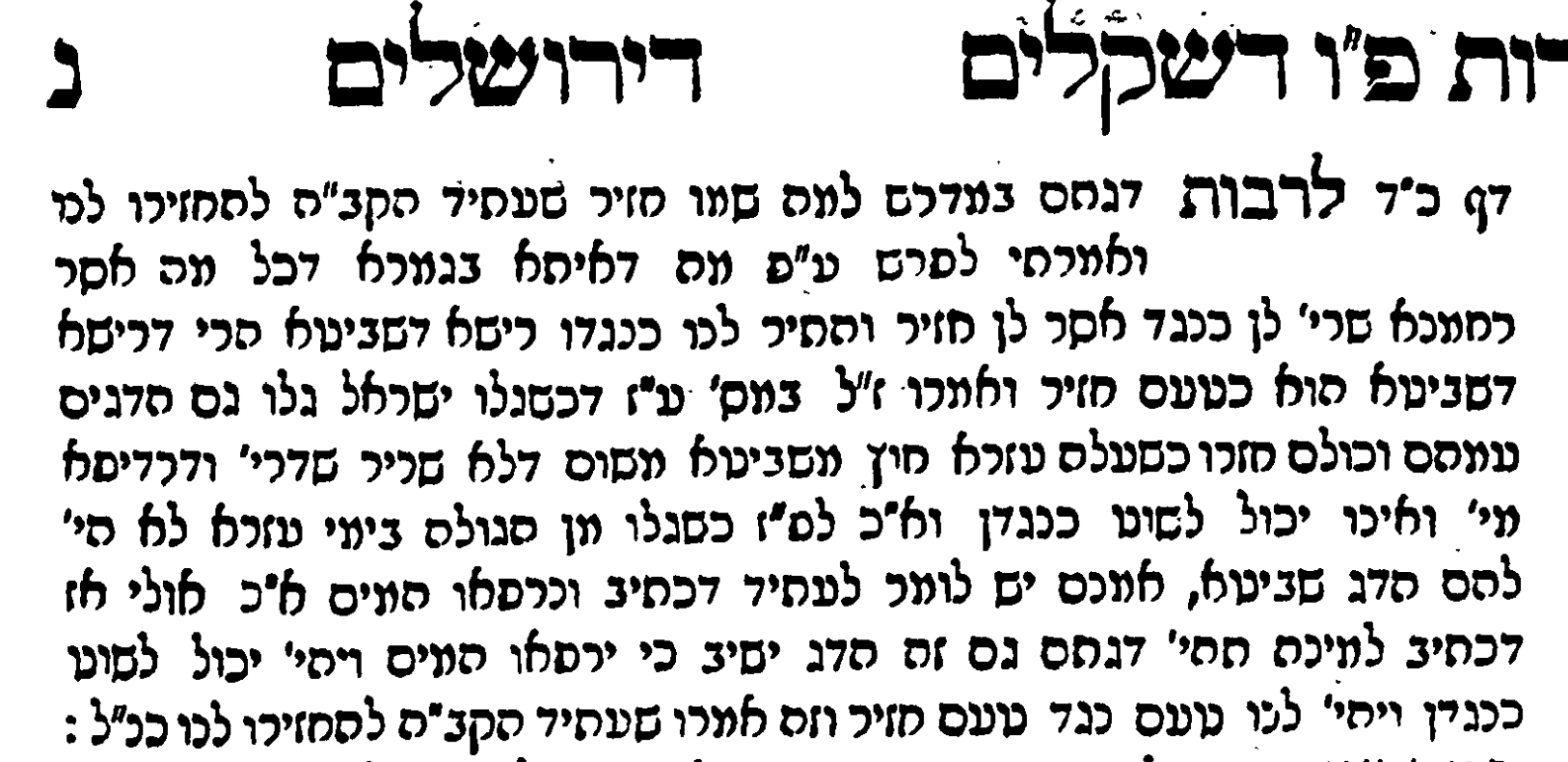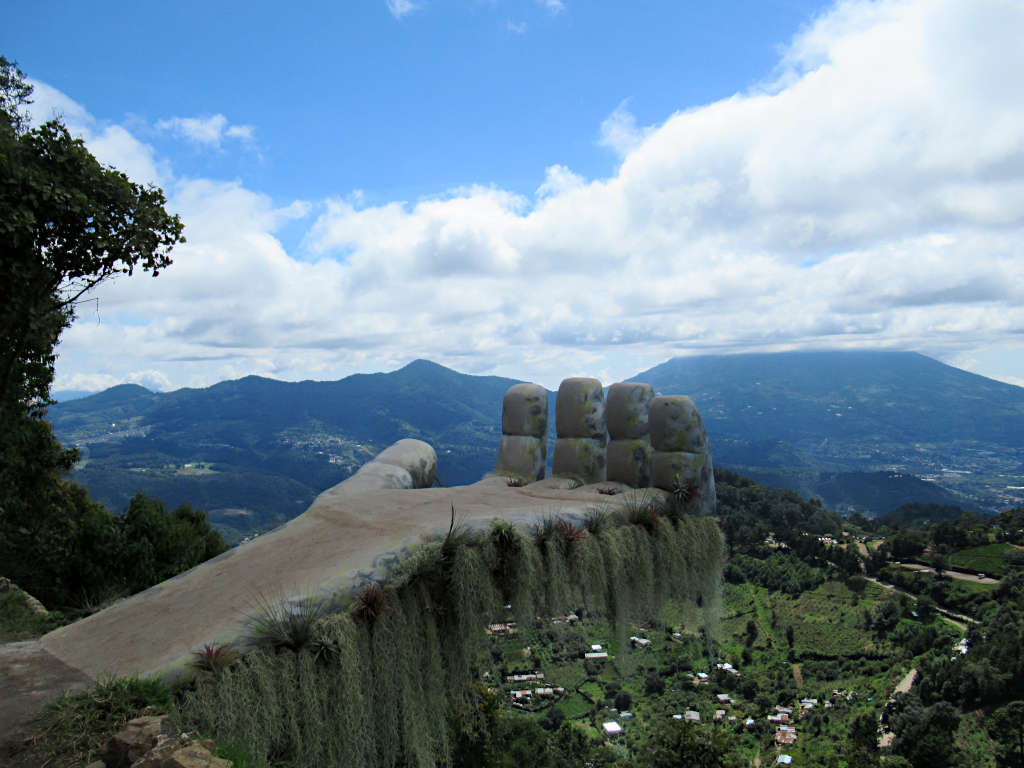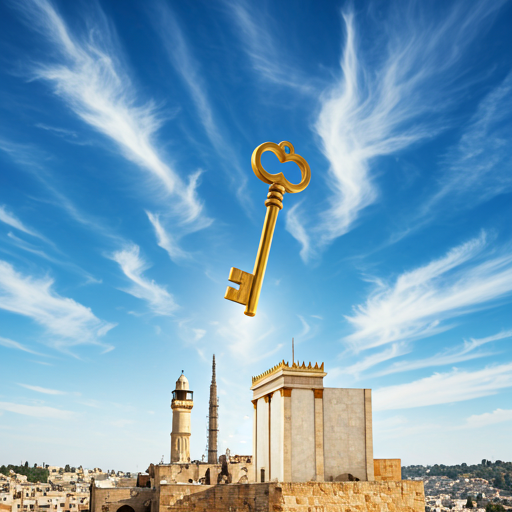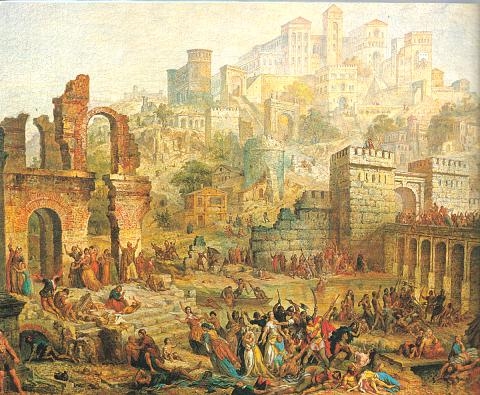BSD
Shkolim 17b (2)
28 Teves, 5785 – 1/27/2025
1- We began הלכה ו that describes the 13 tables that were in the בית המקדש.
● 8 marble tables for the rinsing of the קרבנות

● 1- marble table (next to the ramp) for the preparation of the placing the קרבנות On the מזבח.
● 1- silver table (next to the ramp) to place the 93 כלים needed for the עבודה. (see תמיד).
● 1 – gold table near the door to the היכל to place the removed לחם הפנים.
● 1- marble table near the door to the היכל to place the fresh לחם הפנים prior to placing them on the שלחן.
● 1- the gold שולחן that the לחם הפנים were placed onto for 7 days.

2- The משנה offers the reason for the marble and gold table used for the preparation and the removal of the fresh and old לחם הפנים.
The marble for the fresh ones – מעלין בקודש. It will be a step up from the marble table to the שולחן which was made of gold.

The gold one for the לחם הפנים that was removed. It needed to be gold since ולא מורידין.
3- We discussed the famous question of the מנחת חינוך – מצוה צז.
כיון דלחה”פ היו מונחים בדפוסים שהם קערות והם כלי שרת והיו של זהב, היאך בכניסתו להיכל היו מניחין אותו על שלחן של כסף ? והלא אין מורידין. ומה יועיל מה שאח”כ יעלה, הלא עתה מורידין. והי’ ראוי להיות ג”כ שלחן של זהב כי בשוה שרי כמו ביציאתו
The לחם הפנים were baked in gold forms called קערותיו, which were a כלי שרת. So placing them on a marble table is a ‘downgrade’! (See previous Shiur, Tosfos Sukkah 48b ).
And if the placing them on the marble table was done while still in their golden forms, and therefore not called ‘downgrading’ (because they are still in their gold forms), then where is the ‘upgrading’ when removing them from the gold forms unto the gold שולחן? He concludes that the forms were not a כלי שרת and the bread was not נתקדש.
4- Mentioned the answer of Reb Meir Shapiro אור המאיר סימן ז. He suggests that the idea of מַּעֲלִין בַּקֹּדֶשׁ וְלֹא מוֹרִידִין is only when the item reaches its final stage.
Like when removing the לחם הפנים. Since all week it was on a gold table, it cannot be placed on a silver or marble table since placing it there is its final location as bread. [It was distributed after taking it out of the היכל].
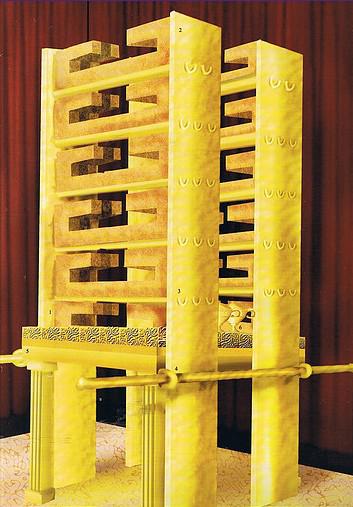
However, when the bread was placed in the gold forms for baking it is in the process of reaching its final destination – which is the gold שולחן. So placing it temporarily on a marble table is not considered ‘downgrading – מורידין’.
5 – Discussed the oft quoted ט”ז about מַּעֲלִין בַּקֹּדֶשׁ וְלֹא מוֹרִידִין who suggests a wide ranging and new interpretation.
The issue is placing ספרים inside an ארון קודש, even temporarily.

Now when there a ספר תורה inside the ארון it is a not problem since it is not a downgrade for the ארון since the תורה is still there.
כתב רש״ל נראה דאין קרוי הורדה מקדושה אם מניחין שאר ספרים בארון אצל ס״ת דהא עדיין בקדושתו קאי ותדע שהרי העולם נהגו להניח בארון יריעות פסולים וה״ה חומשים ושאר ספרים.
However, when there is no ספר תורה in the ארון:
אכן צ״ע היכא שהוציאו ס״ת ממנו אם יכולין להניח בתוכו שאר ספרים דמאחר דלית ביה ס״ת הוה הורדה מקדושה לפי שעה או לא עכ״ל
He quotes his father-in-law, the ב”ח, that says that even a temporary downgrade is not permitted.
Therefore he disapproves the מנהג of placing a candle inside the ארון קודש on הושענא רבה when all the ס”ת are removed. Unless the rational is that the candle is in honor of the תורה that were removed. But he doesn’t accept this reason.
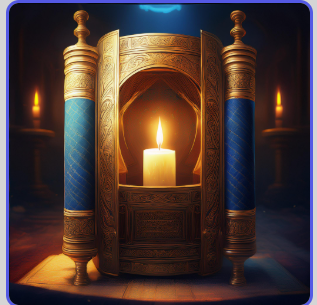
ולפ״ז לא יפה עושים קצת שביום הושענא רבה שמוציאין כל ס״ת ושמים שם נר דולק והוי דופן ארון הקודש תשמיש לאותו נר. אלא שי״ל כיון שעושין כן לכבוד התורה לסי׳ תורה אור דהיינו רמז בזה כשאין שם ס״ת צריך לאור הנר. אבל אין זה מספיק כיון שיש איסור להוריד הקדושה של הארון
He continues that all the above is if the ארון קודש is in good condition and is still used as a proper ארון קודש.
If however it has degraded to a point that is not used anymore for ספרי תורה, then he suggest that there is no issue to use it for ספרים.
[We mentioned an example – an ארון קודש that reached a point that it is not fitting for ס”ת and a new one was purchased. Can the old one be used in the Shul library as a bookcase for a ש”ס or any other ספרי קודש?]
‘For the idea of מַּעֲלִין בַּקֹּדֶשׁ וְלֹא מוֹרִידִין is only if the item can still be used for its original ‘higher’ קדושה. Such as a proper and still functioning ארון קודש cannot be used as a bookcase .
If the ארון קודש has lost it luster and cannot be used any more, the on the contrary, rather than discarding it (גניזה) or keeping it empty, its advisable to use it for another קדושה even if it is a ‘downgrade’.
ולולי דמסתפינא אמינא מילתא חדתא דהא דאמרי׳ בהנך מילי דאסור לעשות מקדושה גדולה קדושה קלה היינו כ״ז שראוי׳ לקדושה גדולה. אבל אם אינה ראויה לזה רק לקלה, טפי עדיף שיעשו בה לכל הפחות קדושה קלה ממה שתהיה פנוי׳ ותגנז ………..עדיף טפי לעשו׳ בה תשמיש קדוש׳ להחזיק בה ספרים ממה שתהיה פנויה לגמרי בלי קדושה כלל.
6 – The גמרא discusses the reason for a marble table to place the fresh לחם הפנים prior to placing them on the שלחן. Why not silver or even gold?
The answer is that a metal table would cause the bread to warm up and go stale.
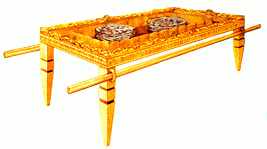
[We didn’t fully grasp this since the bread was warm anyway, if it was baked Shabbos morning מנחות צה, ב].
The גמרא asks: didn’t the לחם הפנים miraculously remain warm all week anyway? So what’s ‘another small miracle’ if it were to be placed temporarily on a metal table?
The גמרא answers that אין סומכין על הנס.
זֶה אֶחָד מִן הַנִּיסִּים שֶׁנַּעֲשׂוּ בְבֵית הַמִּקְדָּשׁ. כְּשֵׁם שֶׁהָיוּ מַנִּיחִין אוֹתוֹ חוֹם כָּךְ הָיוּ מוֹצִיאין אוֹתוֹ חוֹם. [שֶׁנֶּאֱמַר] לָשׁוּם לֶחֶם חוֹם כְּיוֹם הִלָּקְחוֹ. רִבִּי יְהוֹשֻׁעַ בֶּן לֵוִי אָמַר. אֵין מַזְכִּירִין מַעֲשֶׂה נִיסִּים.
7 – Short points:
● The source that the לחם הפנים was warm all week is from the story of אחימלך giving the לחם הפנים to דוד המלך.
● We discussed the sage of דוד המלך and his constant fear and escapes from שאול המלך.
● Story of מחר חודש.
● His escape to גת and acting like a deranged fellow. Writing graffiti on the gates of the city.
● משוגעים in the king’s palace. חֲסַר מְשֻׁגָּעִים אָנִי כִּי הֲבֵאתֶם אֶת זֶה לְהִשְׁתַּגֵּעַ עָלָי הֲזֶה יָבוֹא אֶל בֵּיתִי.
● His visit to נוב, which replaced שילה as the place of the משכן for 13 years.
● His receiving the לחם הפנים and the sword he used to slay גלית.

● The retribution of שאול on the כהנים of נוב and the ultimate punishment for this.
● The tragic story with דואג האדומי, the actual slayer of the כהנים.

● בְּבוֹא דּוֹאֵג הָאֲדֹמִי וַיַּגֵּד לְשָׁאוּל וַיֹּאמֶר לוֹ בָּא דָוִד אֶל בֵּית אֲחִימֶלֶךְ.
גלגל 14
שילה 369
נוב 13
גבעון 44
——————————
מנחת חינוך צז. איך הורידו מהקערות של זהב לשולחן של כסף/שיש?
אם לא שנאמר שהקערות לא קידשו. אם התנור מקדשן, מנחות צה, ב
אור המאיר, רמ”ש, ז. שמעלין הוא רק בגמר המצוה.
מעלין בקודש מה”ת או מדרבנן.
ט”ד קנד, ז. דווקא אם אפשר להשתמש בו בקדושה העליונה.
מהרש”ם ד, נז. לשים ספרים בארון שבלה.
רד”ק. נוב עיר שכולה כהנים. תרומה. אבל לחה”פ אחרי הקטרת הבזיכין אין בהם מעילה.


